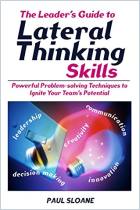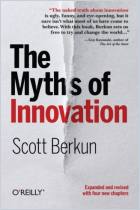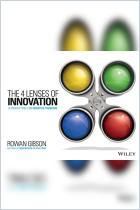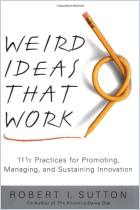
Look at More
A Proven Approach to Innovation, Growth, and Change
ISBN: 9780470949771
Pages: 208
Recommendation
This fascinating book on innovation meets the primary criterion of any guide on the subject: Be innovative. You would expect no less from Andy Stefanovich, the “chief curator and provocateur” at Prophet, a strategic branding, marketing, innovation, and design consultancy. His message: To develop a truly innovative concept, go sit in a park, or confer with your building’s custodian, or ask your team for the worst possible idea for a project. Over the past 20 years, Stefanovich has established a reputation as an extremely disruptive consultant – in a good way. He guides his clients to shun traditional thinking, pat answers and clichéd responses. He insists that they think not just outside the box, but far away from wherever they left the box. Coca-Cola, Procter & Gamble, Nike, GE and other corporate giants follow his idiosyncratic, creative recommendations. If you want to learn to cook, find a chef, says getAbstract, which recommends the idea that if you want to learn to innovate, perhaps you should find a provocateur.
Summary
About the Author
Andy Stefanovich, the “chief curator and provocateur” at Prophet, a branding, marketing, innovation, and design firm, is a visiting professor at Duke, Dartmouth, and other prestigious universities.

















Comment on this summary